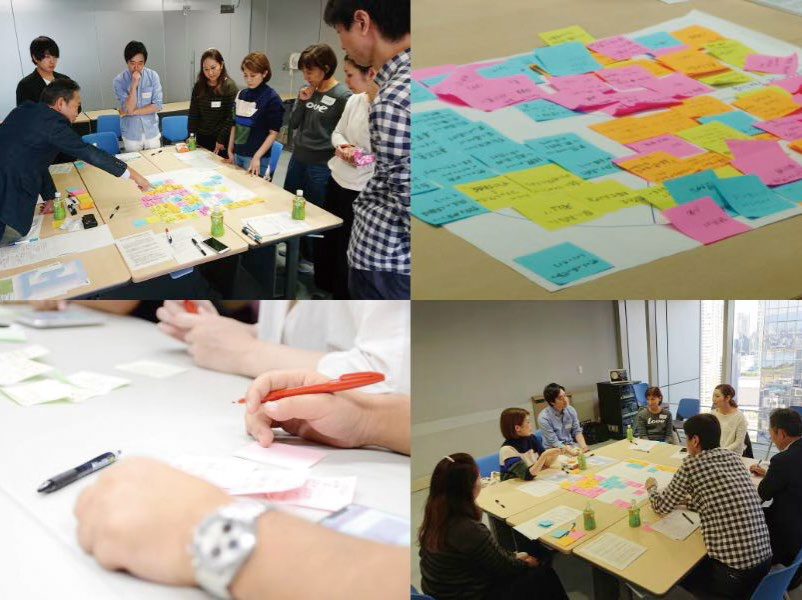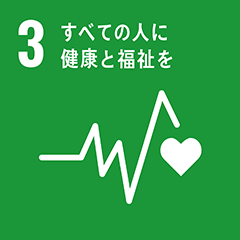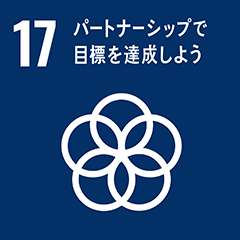Inochi Declaration
Create systems that listen to and engage with the thoughts and voices of those living with diseases that still lack effective treatments, working together toward solutions rooted in empathy and shared determination.
As medical technologies have advanced worldwide, we have seen significant progress in the prevention and treatment of many illnesses, including diseases once considered incurable, such as cancer. These developments have undoubtedly contributed to increased life expectancy in many countries.
At the same time, advancements in diagnostics have led to the identification of a growing number of rare diseases.
These conditions—often referred to as “rare and intractable diseases”—affect relatively small populations and typically involve complex mechanisms, making them difficult to treat or target with conventional drug development. As a result, these diseases are frequently categorized as “intractable,” and those diagnosed—along with their families—face unavoidable declines in quality of life. There are now more than 6,000 identified rare diseases worldwide, affecting over 300 million people globally. When viewed in the context of Inochi as a universal human concern, it becomes clear that these conditions are far from “rare.”
Various initiatives have emerged in response to this challenge. One important example is the creation of “patient and family associations”, where patients and their families share information and connect with others living with the same condition. In the face of limited public knowledge, these communities serve as invaluable sources of lived experience and mutual support. However, such associations exist only for a portion of rare diseases and do not offer universal coverage.
Another key effort is Rare Disease Day—a global campaign launched in Sweden in 2008 to raise awareness and foster understanding between patients, families, and society at large. It is now observed in over 100 countries, including Japan. A common thread in both movements is that patients and families themselves are at the center—driven by powerful determination and energy. However, one major obstacle is the lack of sustainable support. While some private companies do offer donations, these are typically one-off or indirect contributions, disconnected from their core businesses, and insufficient to ensure long-term sustainability.
To accelerate progress toward a future in which every Inochi unleashes its radiant light, we must build systems in which private-sector companies engage directly and sustainably with patients and families in the field of rare and intractable diseases. Looking ahead to 2050, it is essential to develop mechanisms that center the voices and energy of those most affected while enabling faster and more effective problem-solving. In recent years, some startups and socially driven enterprises have begun co-creating services with patients and families—aiming to improve not only medical outcomes but also quality of life. These companies make rare and intractable diseases their core business focus, incorporating revenue models to ensure long-term viability and social impact.
One representative example is “nanacara,” a platform co-developed by Knock on the Door, Inc. and families living with drug-resistant epilepsy. Founded in 2018, the company has worked with hundreds of individuals with rare and intractable diseases, building long-term teams with patients and caregivers to co-create a unified seizure tracking and management platform. The platform enables users to log and monitor symptoms, communicate easily with family and doctors, and maintain better mental and physical balance. Furthermore, the real-world data collected—on medication, seizure patterns, and daily life—is leveraged for pharmaceutical research and development, contributing to improved therapies while also serving as a sustainable revenue source.

Interactions and information exchange among platform users
The Inochi Forum aims to expand such an ecosystem in collaboration with diverse organizations. We seek to create platforms that enable more private-sector organizations to engage directly with patients and families in the rare disease field. Through these collaborative and sustainable efforts, we strive to realize a future in which every Inochi unleashes its radiant light.
[References]
・Alagille Syndrome Family Support Group
http://alagille.jp/
・Rare Disease Day Japan (RDD Japan)
https://rddjapan.info/
・Knock on the Door, Inc.
https://knockonthedoor.jp/en/
[Action Platform]
Medical and Welfare
[SDGs]



